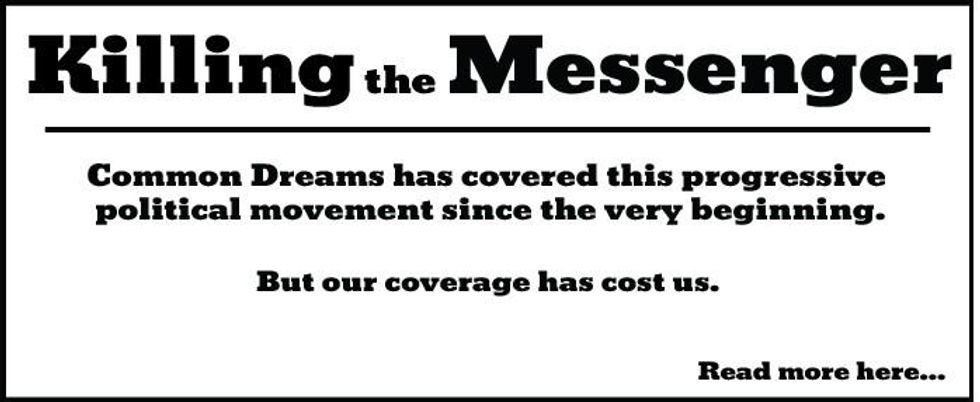Open trans service in the military is a necessary step toward protecting and recognizing the humanity of trans people, but the military's proposal falls far short of what is needed.
When I first heard about Thursday's announcement I was grinding and sanding metal to a polish at my prison job. The news was both a relief and reminder of how little we can count on the principles of equality and institutions like the military to bring justice to our community.
Even within the military inclusion framework, many issues remain unresolved and concerning. Right away, something didn't sit right with me. We don't need the military to be the gatekeeper of our gender expression and identity. We should be able to define ourselves.
The policy outlined by Defense Secretary Ashton Carter would require new recruits to be "stable in their identified gender for 18 months, as certified by their doctor, before they can enter the military". How many young trans people like myself fit this criteria? The idea of having a gender certification process is a misuse of the medically accepted standards of care. What is the stability of gender? Isn't gender an inherently unstable concept - always being constrained by the various context and rules under which we live?
I worry that this type of requirement will further entrench the gender binary and further legitimize the control that administrators and medical providers have over our bodies and our identities.
And what about those of us who are incarcerated? Will these rules apply to us? I am deeply concerned that like so many policies, the impact of this change won't penetrate the prison walls. What does it mean that the military will recognize our gender, unless and until we are arrested, and then what? This core identity is then stripped away and our birth assigned sex is imposed on us?
But defining ourselves for who we are is one of the most powerful and important rights that we have as human beings. No one knows my gender more than I do. You do not know my gender better than I do. A doctor doesn't know it better than I do. My parents don't know it better than I do. No one experiences my gender in the way that I experience it. Presenting myself and my gender is about my right to exist. With this policy, the military is essentially saying "you can exist, but only on our terms". What they are doing is taking away the control of our identity.
Gender presentation should reflect the person that you are. When you lose control of your gender presentation you lose an important aspect of your identity and existence. By setting so many caveats, time lines, standards, and training, the military is making this far, far, more complicated and bureaucratic than it needs to be. The simple reality is that we are who we say we are.
When it comes to trans inclusion in the military, at this point, there are still too many questions. We don't yet know whether this policy of "inclusion" will be in name only and whether medical providers and commanders will find ways to push us out, dehumanize us and cast us as freaks.
Of course, this is not the first time the military has confronted its own entrenched prejudice.
But if history is any guide - for instance the racial and gender integrations of the 20th century - the US armed forces are more than capable of overcoming such obstacles.
No matter how this shift in policy rolls out, I hope that we remember that if our most powerful institutions cannot take us on our own terms, then perhaps we should fight to change those institutions.



